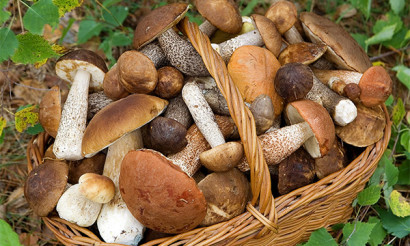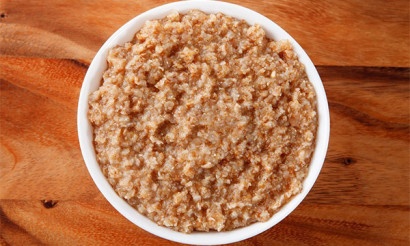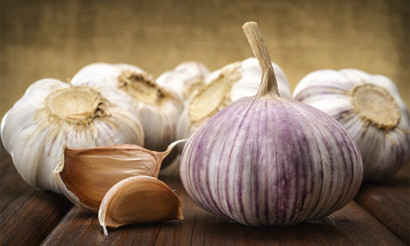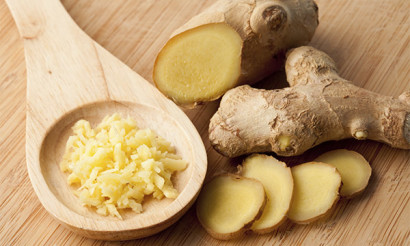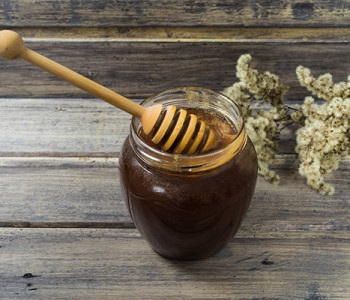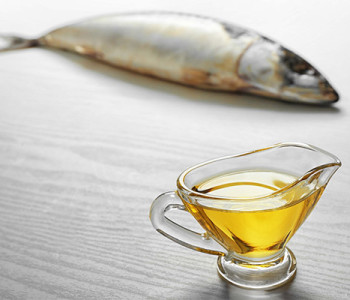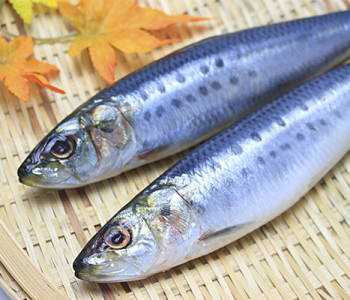How honey affects the human body
Since ancient times, man has been using all beekeeping products, but honey is in the first place for consumption, it is valuable for its taste, aroma and useful properties. The product is used for the prevention and treatment of various diseases, not only in traditional medicine, but also in modern scientific practice.
Views
Considering where the bees collected nectar, several varieties of honey are isolated. If insects visited only one type of plant, then such honey is called monofleur, if several species are called polyfler.
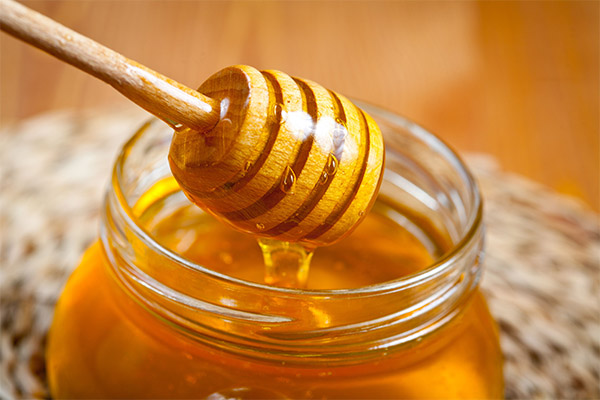
Different varieties differ not only in organoleptic, but also medicinal properties. For example, linden honey is perfect for treating colds, and buckwheat or heather - for the prevention of heart and vascular diseases.
The effect of honey on the human body
The effect of honey on the human body is associated with its unique composition. What does honey consist of:
- Simple sugars - 35% glucose and 40% fructose. Due to its high content of “fast” carbohydrates, honey is an excellent source of energy. In addition, monosaccharides regulate heat transfer and metabolism, improve urination, normalize blood pressure and nourish the heart muscle. But “fast” carbohydrates can also harm the body - their excessive consumption negatively affects the functioning of the pancreas and kidneys.
- Vitamins - in honey, they are more effective than artificially obtained, as they are combined with bioactive substances and natural salts. They beneficially affect many body functions - physiological, biochemical, histological.
- Trace elements - honey contains more than 20 nutrients. They participate in supporting the synthesis of insulin, enhance hematopoietic functions, increase immunity, have a beneficial effect on vision, improve hormonal levels, and normalize redox processes.
Honey has found wide application in cosmetology due to its rich composition and unique properties. With its use, wraps are carried out, masks are applied, shampoos and balms are released.
Contraindications
Undoubtedly, honey is unusually healing, but contraindications should not be ignored. He will not benefit everyone.
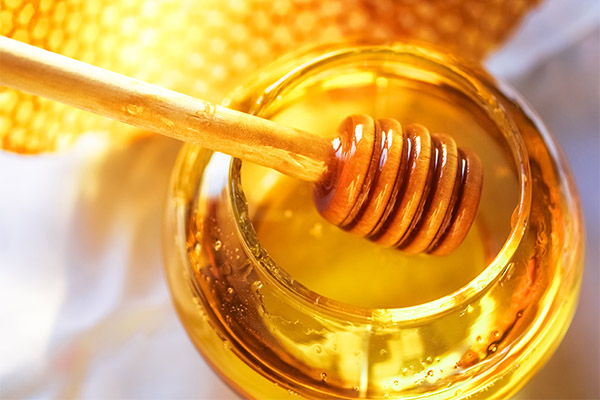
In which cases it is not recommended to use honey:
Allergy
In no case should you use honey and beekeeping derivatives with increased sensitivity to these products. In addition to rash and itching, severe disorders such as Quincke's edema or anaphylactic shock can occur.
Diabetes mellitus, pancreatitis
People with these diseases should be careful, as honey contains “fast” carbohydrates.
Pregnancy, breastfeeding
Even if the mother has never encountered an allergic reaction to beekeeping products, it can appear in the child. In this case, specialist advice is required.
Increased acidity of the stomach
To avoid heartburn, honey should be consumed in small quantities, preferably with cereals or cottage cheese.
Rosacea
Do not use honey cosmetics in the presence of a vascular “star”, as it enhances blood circulation, and with rosacea fragile vessels may not withstand such a load.
Important! Do not add honey to hot drinks. When heated, it will not only lose its beneficial properties, but can also harm the body, because when exposed to high temperatures, harmful substances form in it. Often, manufacturers heat honey to give ductility, so you need to be responsible for buying a sweet product.
Honey is extremely beneficial for maintaining health. But do not abuse it, and you also need to remember contraindications.
«Important: all information on the site is provided exclusively in fact-finding purposes. Before applying any recommendations, consult with a profile specialist. Neither the editors nor the authors are liable for any possible harm caused materials. "

